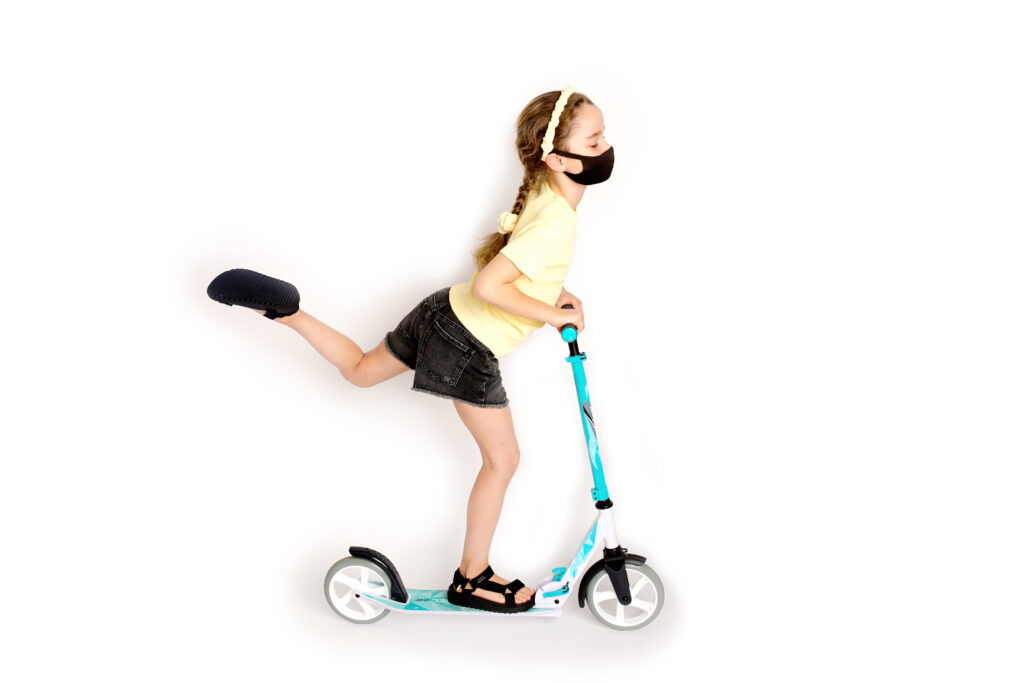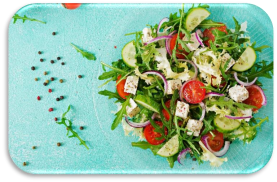Sports and Pollution are two aspects that, generally, go together, it being usual to see people exercising in both urban and natural outdoor spaces. In fact, sports practice is one of the main medical recommendations aimed at improving people’s health. But what happens when this physical activity takes place in an environment with questionable air quality? What effect does pollution have on sports performance and the health of people who practice sports?
To better understand the effect of air pollution, it is necessary to take into account the changes experienced by a person’s breathing when doing sports:

Climate scientists say the rising levels of pollution will have an increasing impact on sports in the years to come.
Studies have shown that athletes exercising in these conditions were exposed to sulfur dioxide and ozone – major components of air pollution – which causes constriction of the airways in the lungs. During training athletes typically take in as much as 20 times more air than a person at rest. That means they are being exposed to 20 times more pollutants as well. This could have a direct impact on their athletic performance putting their health at risk.
Exercise Challenges

- Increased ventilation per minute, which can lead to an increase in respiration frequency, causing the amount of inhaled contaminants to be higher.
- Multiplication of the fraction of air that is inhaled through the mouth, thus avoiding the filtering mechanism provided by the nose.
- Increase in the velocity of the air flow that enters the lungs and transports the contaminants deeper into the respiratory system.
Urban Pollutants

It’s essential to focus on a diet rich in immunity-boosting foods for your young ones to avoid or overcome any respiratory diseases. Getting in their daily activity can turn one good thing into a bad especially if they train outdoors.
According to Ayurveda, we are in the Vata season so it’s best to choose warming spices, herbs & foods to counteract the dry & cold energies.
Counter Measures

What’s good food to build immunity:
Micronutrients like vitamins A, C, D, E, B2, B6, and B12, folic acid, iron, selenium, and zinc are important for immunity.
Plant foods are excellent sources of these nutrients and disease-fighting compounds so filling their plates with vibrant colored fruits, leafy vegetables, citrus-based foods, tulsi with honey, ragi, pumpkin, etc with spices like turmeric, cinnamon, cardamom, nutmeg.
Lentils & legumes should be soaked well overnight to get rid of phytates and cooked well.
What you need to avoid?

Avoid raw foods like salads, mucous building foods like curd, banana, fermented or leftovers, canned foods, processed foods, &
dry salty snacks.
Choose fresh foods that are cooked, warm & easy to digest.
How Hydration Helps?
Hydrating well with warm or room temperature fluids (Eg: turmeric, dry fruit milkshake, soups, etc) to hydrate & flush out any toxins & most importantly a well-rested body repairs & reduces any inflammation, so a good night’s sleep is a must.

What should be your meal options to nourish your young athlete during this season?
Breakfast –
- Oatmeal with nut butter and some berries /buckwheat pancakes with almond butter/ vegetable chilas
- Dry figs/ energy plant-based balls for a mid-morning snack (they help to drain the phlegm)
Lunch –
- Avocado & nut spinach wrap/ mixed vegetable parathas, pizza cabbage quesadillas, lentil soup
Snack time –
- Options like apple porridge with walnuts, almond butter on toast, hummus with pita bites.
This helps add moisture to the body instead of dry foods like chips, popcorn.
Dinner –
- Moong dal khichri/ Mexican rice with vegetables/ zucchini noodles with vegetables/ Dosa with sambar (Add warm spices)
Dessert options –
- Ragi halwa with nuts / sweet potato jaggery cookies/ avocado cake pops/ butternut squash brownies.
The benefits of exercise are clear, but it is important not to let air pollution turn exercising into a health hazard instead of a health benefit.
